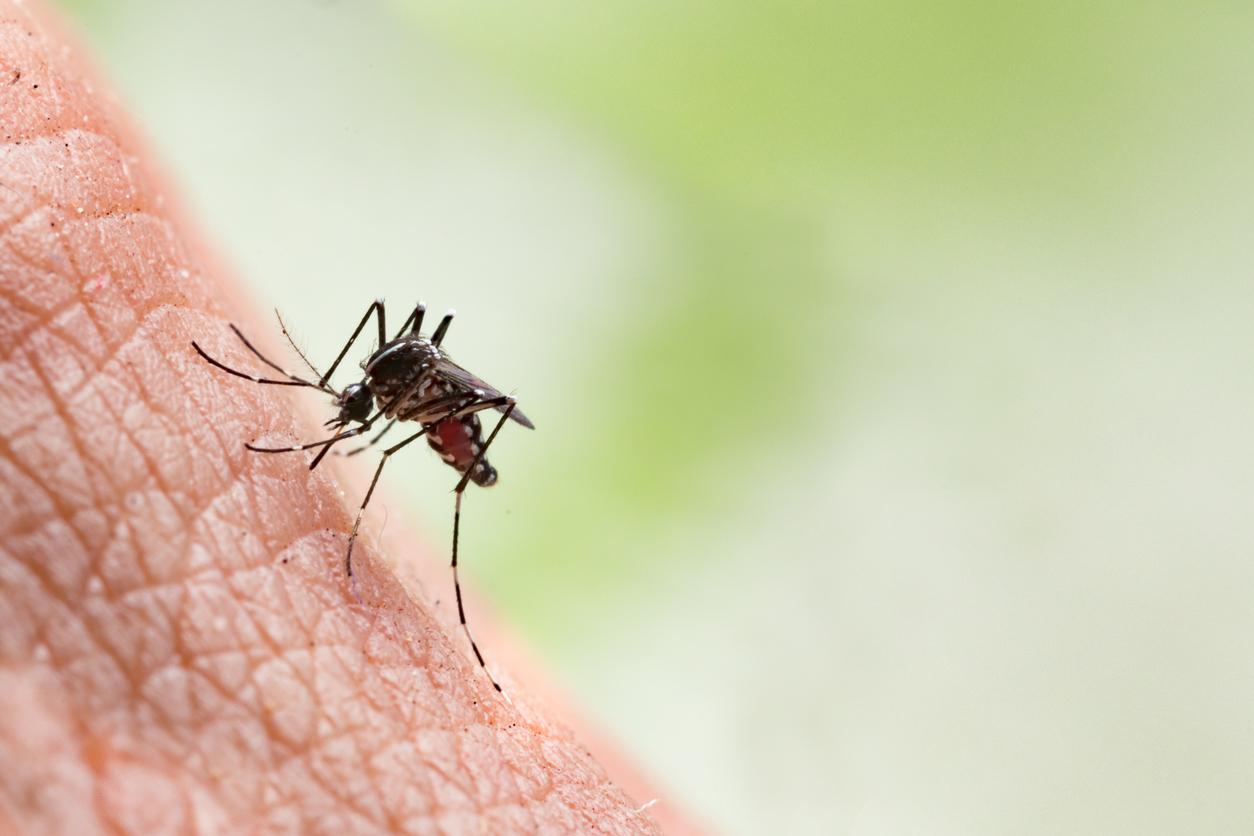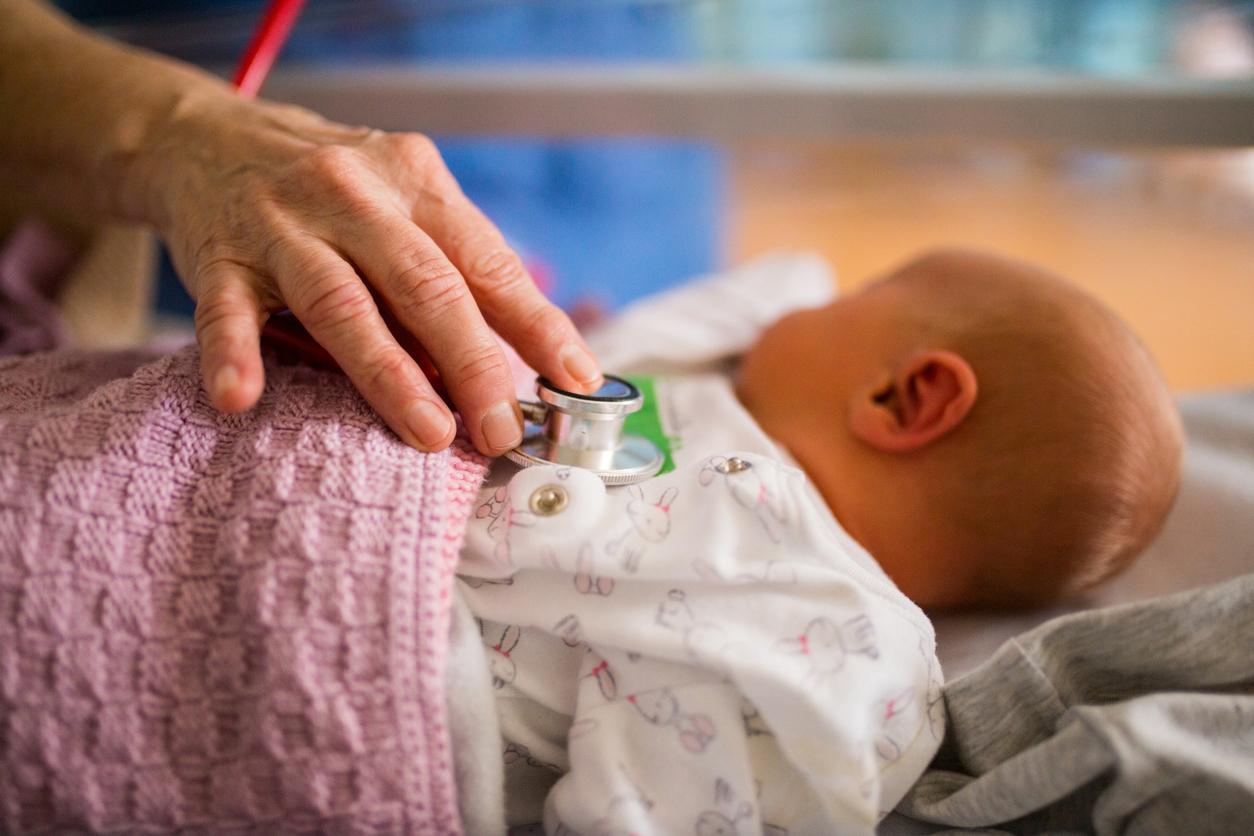The World Health Organization (WHO) may reclassify the monkeypox outbreak, currently underway in several African countries, as an international public health emergency.

- The head of the WHO announced on Sunday, August 4, that he was considering convening a committee of experts to determine whether the “monkeypox” epidemic, which is currently raging in several African countries, should be declared an international emergency.
- On July 11, WHO expressed concern about the outbreak of a new, more deadly strain of the virus in the Democratic Republic of Congo (DRC). Since then, Burundi, Côte d’Ivoire, Kenya, Rwanda and Uganda have announced multiple cases of COPD.
- Monkeypox comes from the animal itself, but many infected animals (rabbits, hares, squirrels, prairie dogs, etc.) can transmit it to humans via a bite, a scratch or even the preparation of bushmeat.
Towards a state of maximum alert? The Director-General of the World Health Organization (WHO) announced on Sunday, August 4, that he was considering convening a committee of experts to determine whether the “monkeypox” epidemic, also known as mpox for monkeypox, currently raging in several African countries, should be declared an international emergency.
Tedros Adhanom Ghebreyesus stressed that the UN agency and African authorities on disease control and prevention, among others, were redoubling efforts to interrupt the spread of the virus.
Several African countries affected by monkeypox
“But there is a need for more funding and support for a comprehensive response, he wrote on the social network X. I am considering convening an emergency committee on international health regulations to advise me on whether the mpox outbreak should be declared a public health emergency of international concern.”he continued. This qualification is the highest alert that the WHO can trigger, and it is the head of the WHO who can launch it on the advice of the committee.
As a deadlier strain of #mpox spreads to multiple African countries, @WHO, @AfricaCDClocal governments and partners are further scaling up the response to interrupt disease transmission. But more funding and support for a comprehensive response are needed.
I am considering…
— Tedros Adhanom Ghebreyesus (@DrTedros) August 4, 2024
On July 11, WHO warned of the global health threat posed by MPOX, expressing concern about the outbreak of a new, more deadly strain of the virus in the Democratic Republic of Congo (DRC). Since then, Burundi, Côte d’Ivoire, Kenya, Rwanda, and Uganda have announced multiple cases of MPOX. The DRC has reported more than 11,000 cases, including 450 deaths.
At the end of June, in Réunion, three cases of Mpox were also confirmed and treated, while contact cases were invited to be vaccinated.

Monkeypox: Last global outbreak in 2022
This virus was first discovered in humans in 1970 in what is now the Democratic Republic of Congo. But by May 2022, infections with the virus had occurred worldwide, mainly affecting homosexual and bisexual men. More than 5,000 cases of infection had been recorded in France, but they had not caused any deaths, according to figures from the Ministry of Health at the end of April 2023. This global epidemic of “monkeypox” led the WHO to declare a public health emergency of international concern in July 2022, then lifted in May 2023.
Monkeypox comes from the animal itself, recalls the National Agency for Food, Environmental and Occupational Health Safety (Anses). But many infected animals (rabbits, hares, squirrels, prairie dogs, etc.) can transmit it to humans via a bite, a scratch or even the preparation of bush meat.
















